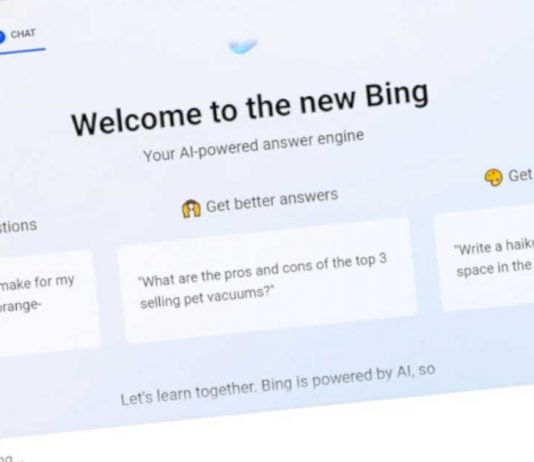Last week, Microsoft made a significant announcement by adding chatbot capabilities to its search engine Bing using the Prometheus model, an evolution of OpenAI’s ChatGPT AI technology. Within 48 hours following the announcement, over a million users had signed up to test the new version of Bing.
According to Windows Latest, more early testers worldwide were granted access to the new Bing on Monday. However, it’s only available through an invitation-only early access program, and users must sign up for a waiting list before using it. Microsoft has always allowed users to bypass the queue by installing the Microsoft Bing app on mobile devices and setting “Microsoft defaults for PCs.”
Although users will primarily try out the latest version of the search engine through the Edge browser, it will be available on mobile devices in the future. An email to testers states that Bing is “not ready for a mobile experience yet,” but they are “actively working on it.”
According to sources, the Bing app for iOS and Android will contain an “improved UI” for AI chat and “all-new OpenAI-powered content.” According to Windows Latest, the mobile experience could roll out in the coming weeks.
The competition between Microsoft and Google in the AI-powered search market is fierce. Google announced Bard to stay ahead of Microsoft’s new Bing announcement, but even within the company, some feel the announcement was hasty, and Bard is still unavailable to users.


